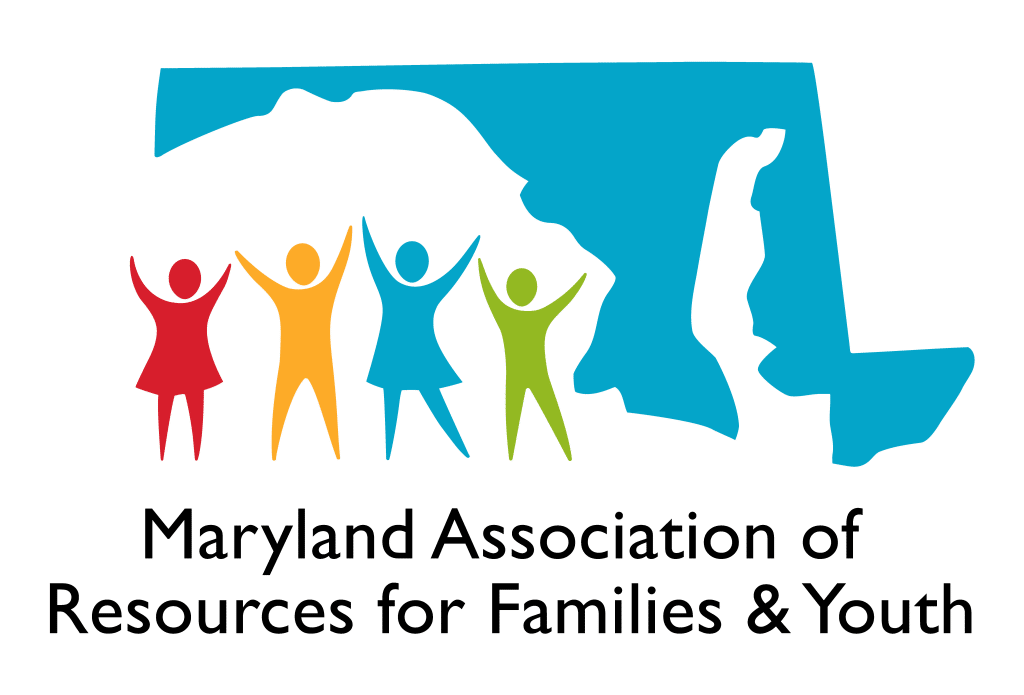 Nonprofits enjoy the public’s trust, and therefore must comply with a diverse array of legal and regulatory requirements. Organizations should conduct periodic reviews to address regulatory and fiduciary concerns. One of leadership’s fundamental responsibilities is to ensure that the organization governs and operates in an ethical and legal manner. Fostering exemplary conduct is one of the most effective means of developing internal and external trust as well as preventing misconduct. Moreover, to honor the trust that the public has given them, nonprofits have an obligation to go beyond legal requirements and embrace the highest ethical practices. Nonprofit board, staff, and volunteers must act in the best interest of the organization, rather than in furtherance of personal interests or the interests of third parties. A nonprofit should have policies in place, and should routinely and systematically implement those policies, to prevent actual, potential, or perceived conflicts of interest. In this way, ethics and compliance reinforce each other.
Nonprofits enjoy the public’s trust, and therefore must comply with a diverse array of legal and regulatory requirements. Organizations should conduct periodic reviews to address regulatory and fiduciary concerns. One of leadership’s fundamental responsibilities is to ensure that the organization governs and operates in an ethical and legal manner. Fostering exemplary conduct is one of the most effective means of developing internal and external trust as well as preventing misconduct. Moreover, to honor the trust that the public has given them, nonprofits have an obligation to go beyond legal requirements and embrace the highest ethical practices. Nonprofit board, staff, and volunteers must act in the best interest of the organization, rather than in furtherance of personal interests or the interests of third parties. A nonprofit should have policies in place, and should routinely and systematically implement those policies, to prevent actual, potential, or perceived conflicts of interest. In this way, ethics and compliance reinforce each other.
A conflict of interest exists where the interests or concerns of a key insider (such as a board member, employee, or volunteer, or their family member) are seen as competing with the interests or concerns of the nonprofit organization. A sound conflict of interest policy should identify the types of conduct or transactions that raise conflict of interest concerns.
Most common are situations where the insider has a financial interest in the actions of the organization. For example, the potential for a conflict exists where an organization contracts to purchase or lease goods, services, or property from an insider. Conflicts are, however, not limited to situations involving direct, financial interests. A conflict may also exist where an insider obtains a benefit or advantage that s/he would not have obtained without her/his relationship with the organization.
The key word to be used as a benchmark in questionable situations is benefit: would the employee or board member (as an insider to the organization) benefit in an inappropriate way from a certain action or decision being made by the organization?
The fact that a conflict exists does not necessarily mean that the organization shouldn’t proceed with a specific action or transaction. In most instances, there is nothing unlawful about an organization transacting business with an insider. Rather, what is important in these circumstances is assuring that such transactions are scrutinized to determine whether the action or transaction is in the best interests of the organization. Furthermore, transactions should be scrutinized for any potential negative impact it might have on the nonprofit’s reputation.
For access to resources like our Sample Conflict of Interest Policy and Disclosure Statement and our Conflicts of Interest Educational Resource Packet and other resources, join Maryland Nonprofits today!
De los Normas para la Excelencia®: Un código de ética y responsabilidad para el sector no lucrativo. El código de las Normas para la Excelenciadesarrollado por el Instituto de Normas para la Excelencia, incluye puntos de referencia y medidas específicas que proporcionan un enfoque estructurado para desarrollar la capacidad, la responsabilidad y la sostenibilidad de su organización sin ánimo de lucro. El código identifica 6 áreas principales de gobierno y gestión de las organizaciones sin ánimo de lucro: Misión, Estrategia y Evaluación; Liderazgo: Consejo, personal y voluntarios; Cumplimiento legal y ética; Finanzas y operaciones; Desarrollo de recursos y recaudación de fondos; y Concienciación pública, compromiso y defensa.
El Instituto Standards for Excellence®, un programa de Maryland Nonprofits, proporciona los mejores recursos posibles a las organizaciones sin ánimo de lucro de todo el país, ayudándolas a desarrollar su capacidad para satisfacer de forma eficaz y eficiente las necesidades de sus comunidades. Los miembros de Maryland Nonprofits tienen acceso a una comunidad en línea con una amplia biblioteca de recursos y plantillas personalizables. La afiliación a Maryland Nonprofits está diseñada para ayudarle a recaudar más dinero, desarrollar su junta directiva, establecer relaciones, aprender, ahorrar en las cosas que necesita para dirigir su organización y amplificar su voz en Annapolis. Únase hoy mismo.




